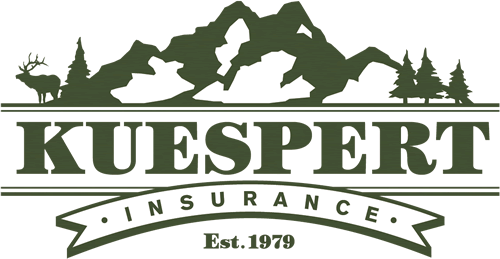What Does Homeowners Insurance Cover?
When it comes to protecting your most valuable asset, homeowners insurance is an essential safeguard. Understanding what homeowners insurance covers can help you make informed decisions about your policy and ensure you have the protection you need. Here’s a comprehensive look at what homeowners insurance typically covers.
1. Damage to the House and Other Structures
One of the primary functions of homeowners insurance is to cover damage to your house and other structures on your property. This includes damage caused by:
- Fire: Whether it's a small kitchen fire or a more extensive blaze, homeowners insurance will typically cover the costs to repair or rebuild your home.
- Windstorms: Damage from wind, including hurricanes and tornadoes, is generally covered. This can include damage to the roof, siding, and other parts of the home.
- Hail: Hailstorms can cause significant damage to your roof and exterior. Homeowners insurance helps cover these repair costs.
- Vandalism: If your property is vandalized, your policy will help cover the repair or replacement of damaged items.
2. Personal Belongings
Homeowners insurance also extends to your personal belongings. This includes items like furniture, electronics, clothing, and appliances. Coverage typically applies to damage or loss due to events such as fire, theft, or vandalism. Some policies may even cover belongings while they are away from your home, such as when traveling.
3. Liability for Injuries or Damages to Others
Liability coverage is a crucial component of homeowners insurance. It protects you in the event that someone is injured on your property or you are found responsible for damage to someone else’s property. This coverage can help pay for medical bills, legal fees, and any resulting settlements or judgments. For example, if a guest slips and falls on your icy driveway, your liability coverage would help cover their medical expenses and any legal costs if they decide to sue.
4. Additional Living Expenses (ALE)
If your home becomes uninhabitable due to a covered event, homeowners insurance can help cover additional living expenses. This might include the cost of a hotel stay, meals, and other living expenses while your home is being repaired or rebuilt. This coverage ensures that you and your family can maintain your standard of living even in the aftermath of a disaster.
What Homeowners Insurance Typically Does Not Cover
While homeowners insurance covers a wide range of scenarios, there are certain exclusions. Common exclusions include:
- Flood Damage: Flood damage is usually not covered under standard homeowners insurance policies. You may need to purchase separate flood insurance.
- Earthquake Damage: Similar to floods, earthquake damage is typically excluded, and you might need a separate policy.
- Maintenance Issues: Problems arising from neglect or lack of maintenance, such as mold or pest infestations, are not covered.
- Acts of War: Damage caused by acts of war or nuclear incidents is excluded from coverage.
Conclusion
Understanding the coverage provided by your homeowners insurance policy is essential for ensuring that you are adequately protected. From damage to your home and personal belongings to liability coverage and additional living expenses, homeowners insurance offers a comprehensive safety net. However, it’s also important to be aware of what is not covered and consider additional policies if necessary. By staying informed, you can make the best decisions for protecting your home and everything in it.
For more detailed information, it’s always a good idea to review your policy documents and speak with your insurance agent to clarify any specifics and ensure you have the coverage you need.

